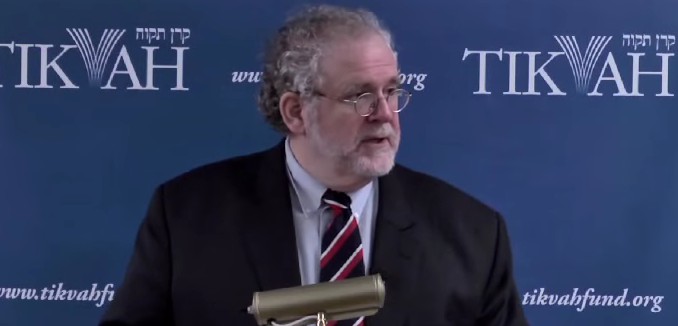The Obama administration’s plan to use a United Nations Security Council resolution this week to force Congress to approve the nuclear deal with Iran would “essentially [abrogate] the treaty power of Congress,” Walter Russell Mead, a historian and professor of foreign affairs at Bard College, wrote Friday in an analysis for The American Interest.
This is not likely to end well. President Obama was stretching both his Constitutional powers and his political mandate when he decided to short circuit the treaty process for one of the most important decisions that American foreign policy has taken in many years. There is precious little doubt that the Founders would have considered this a threat to the system of checks and balances they wrote into the Constitution. In modern times, presidential authority has expanded, largely because American foreign relations have become so complex and the world moves so quickly that it would be impractical to subject every significant agreement between the United States and other countries to the treaty process. But given the length of this negotiation process and the enormous stakes involved, the Iran agreement really ought to have been framed as a treaty. The President, to be fair, knew very well that he could never get a two thirds vote in the Senate for this agreement, and, believing as he does that this step is necessary to the safety of the United States, he framed the deal as an executive agreement to avoid exactly the scrutiny and vote that the Constitution requires.
Congress grudgingly went along with that, passing the Corker-Menendez law as a way of regularizing the President’s irregular choice. This tilted the playing field toward the President, as opponents would need a two thirds majority in both houses (instead of only a one third majority in the Senate) to block the deal for good.
That the President is blowing off this concession by Congress is a serious matter—more serious perhaps than the White House realizes. He is really requiring Congress to accept a permanent and significant diminution in its power for the sake of an Iran deal that few members view with enthusiasm. The precedent he is setting changes the Constitution, essentially abrogating the treaty power of Congress any time a President[ can get a Security Council resolution to incorporate the terms of an executive agreement.
Mead stated that the administration’s plan to use a UNSC resolution to force Congressional approval of the deal “is provoking a constitutional crisis in order to get sanctions relief to Iran sixty days faster than would otherwise happen.”
The top two senators on the Senate Foreign Relations Committee, Bob Corker (R – Tenn.) and Ben Cardin (D – Md.), sent a letter to President Barack Obama last week asking to wait for Congressional approval of the Iran nuclear deal before going to the Security Council.
[Photo: Tikvah Fund/ YouTube ]




